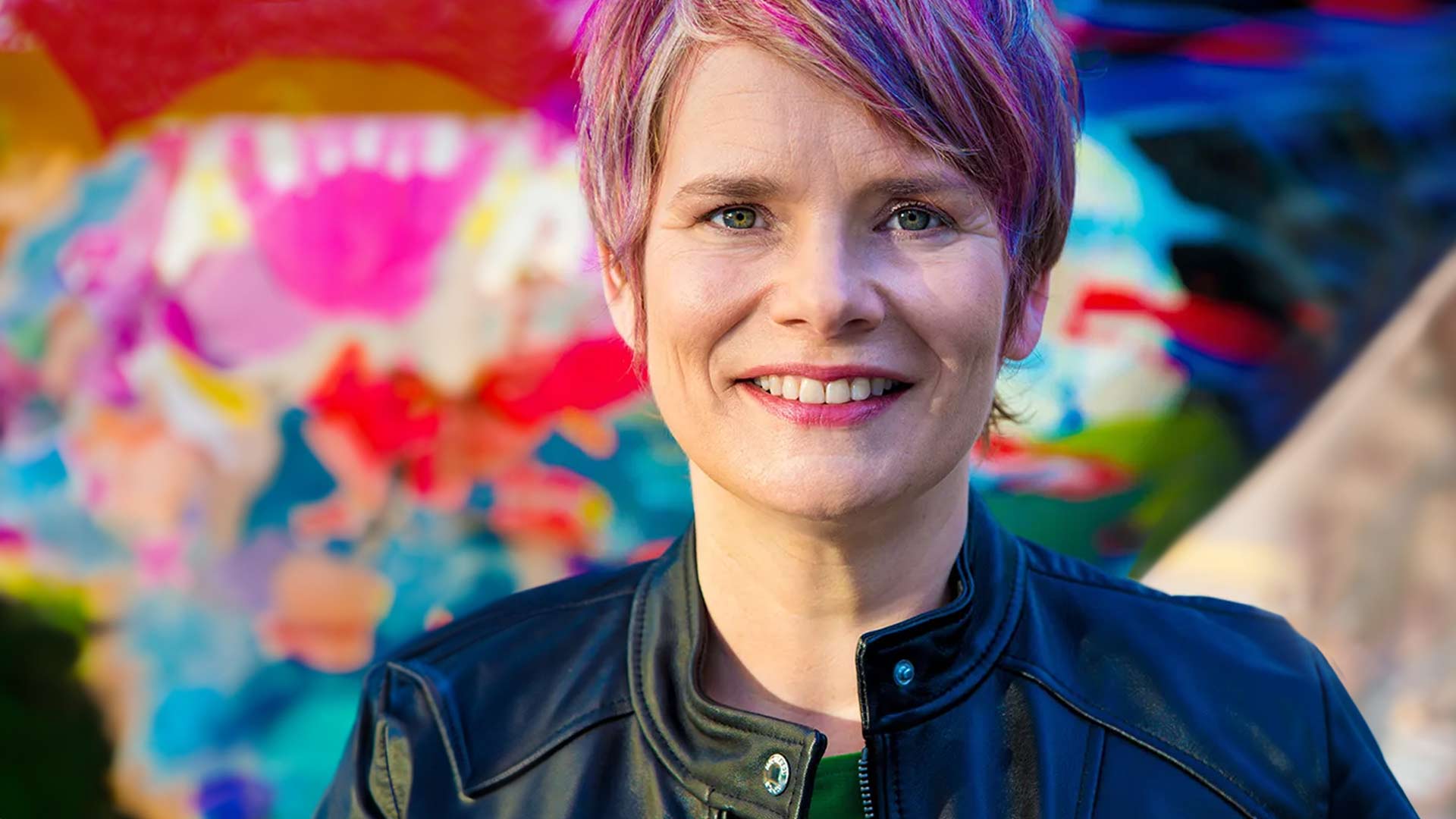Tell us about your background.
I was born and raised in Athens Georgia, where my father taught Mathematics at the University of Georgia. I had my dad’s aptitude for math and was one of first kids to get a PC when I went off to college.
I attended a small, liberal arts college where computer science was just coming on the scene. Unfortunately, the computer lab was ruled by some guys who constantly pulled pranks so I avoided computer science and math altogether. Instead I gravitated towards the social sciences because I loved learning how people think. I took a lot of psychology, sociology and anthropology and settled on a philosophy major.
Five years after graduation, I went back to school and received my Master’s degree in Library and Information Science. Immediately after graduating, I got into user experience design. I currently work as an information architect on user experience teams, organizing massive amounts of data so that people can find what they need quickly and easily.
How did you get interested in data science? What are you currently working on?
When I first started my career, I learned about what makes a good user experience when navigating and managing large amounts of information. I learned how to do qualitative research and focus on user-centered design principles. Later in my career, I’ve been focusing more on data. I’ve been a consultant for most of my career, where my goal is to transform oceans of information and data into business insights that improve customer experiences and drive decisions. I want to learn as much as I can about how to access it, manage it, transform it, visualize it and communicate it to others in a way that is valuable. It’s my passion.
How did you first discover WiDS?
I first heard about WiDS from a friend and attended my first conference two years ago. I loved the idea of a one-day conference that focused on data science and women. I loved seeing an entire room filled with really smart women in a field dominated by men listening to a line-up of diverse, all women speakers. I was inspired by the women who use their talents to impact the lives of many in simple, every day ways. The most inspiring speaker was Latanya Sweeney. In addition to being a great speaker, what she’s doing is amazing.
I felt comfortable that I didn’t completely understand everything that speakers were talking about. I just focused on what I understood and enjoyed it. I met others like myself, who were not squarely in a data science field, attending and enjoying the conference.
It’s so incredibly amazing to see girls and women start at an early age to be encouraged to do math and science and to play with data. It’s one of the things that brings tears to my eyes. I was raised in a culture where women just did certain things, and math wasn’t one of them. To see the opportunities that girls and women have now is amazing, and inspiring, and a relief. It’s about time!
How has WiDS made an impact on your life and/or work?
It’s made me a stronger woman in the workplace. Seeing how other women have succeeded in a male-dominated field has given me the confidence to speak up and value the skills I bring to the table, and also value the perspective of women and girls in science.
What are your hopes for women in the data science in the future?
I want to continue to see women grow and dominate in data science and the workplace in general. The world of work that we see today was not built by women. Leaving home for huge chunks of the day. Separating work life from family life. Even the way we interact with others.
I wonder what a reimagined work life might be like if women built it from scratch, from the ground up. How long would we work? How might we collaborate? How separated would we be from our families, our children? How would we talk to others and get our work done?
I dream of an experiment where a company encourages a diverse team of highly skilled technical women to build their own routines, structures, environment, collaboration and communication. I’d be interested to see the environment they build as well as the amazing things they produce.


